Hamas, Islamic Jihad leaders meet in Doha amid continued Israeli genocide
Senior figures from the Gaza Strip-based Palestinian resistance movements of Hamas and Islamic Jihad have met in the Qatari capital Doha, discussing the latest political and field developments concerning the Israeli regime’s ongoing war of genocide against the coastal sliver.
The meeting took place at Hamas’ headquarters in Doha on Wednesday between a delegation hailing from the group’s leadership and Ziyad al-Nakhala, the Islamic Jihad’s secretary general, and his deputy Mohammad al-Hindi.
“They emphasized the necessity of stopping the aggression and war being waged against our people and holding the officials of the occupation accountable for their crimes against humanity,” Hamas said of the meeting in a statement.
The regime has been waging the war on Gaza since October last year in response to a retaliatory operation staged by the territory’s resistance groups. At least 40,223 Palestinians, mostly women and children, have been killed and 92,981 others injured so far during the brutal military onslaught.
The resistance leaders also addressed “the steadfastness of the resistance, and its ability to strike throughout all occupied Palestine.”
They were referring to the numerous operations that resistance groups from Lebanon, Iraq, and Yemen have been conducting against the occupied Palestinian territories in support of the war-hit Gazans.
The resistance officials, meanwhile, addressed the negotiations, which were being held in Doha aimed at potential conclusion of a truce deal that could halt the war.
They held the Israeli regime responsible for thwarting the efforts of the mediators by insisting on continuing the aggression and reneging on previous agreements, particularly the proposal that Hamas agreed on in July.
On July 2, the movement announced its approval of the proposal that had been forwarded by the administration of US President Joe Biden featuring a permanent ceasefire, the regime's withdrawal from Gaza, and initiation of a reconstruction process among other things.
The regime, however, rejected the plan and later came up with new conditions, including keeping its forces inside Gaza along the territory’s border with Egypt.
The resistance officials, however, reaffirmed that any agreement had to ensure a complete halt to the aggression and complete withdrawal of the regime’s forces from Gaza. Such a deal also had to envision commencement of the territory’s reconstruction and removal of a siege that Tel Aviv has been simultaneously enforcing against it, they added.
“The participants stressed the necessity of ensuring the rapid delivery of humanitarian aid and the needs of the people in Gaza regardless of the outcomes of the ongoing indirect negotiations,” the officials noted.
“They warned of the consequences of the continued collective punishments imposed by the occupation on our people in the Gaza Strip.”
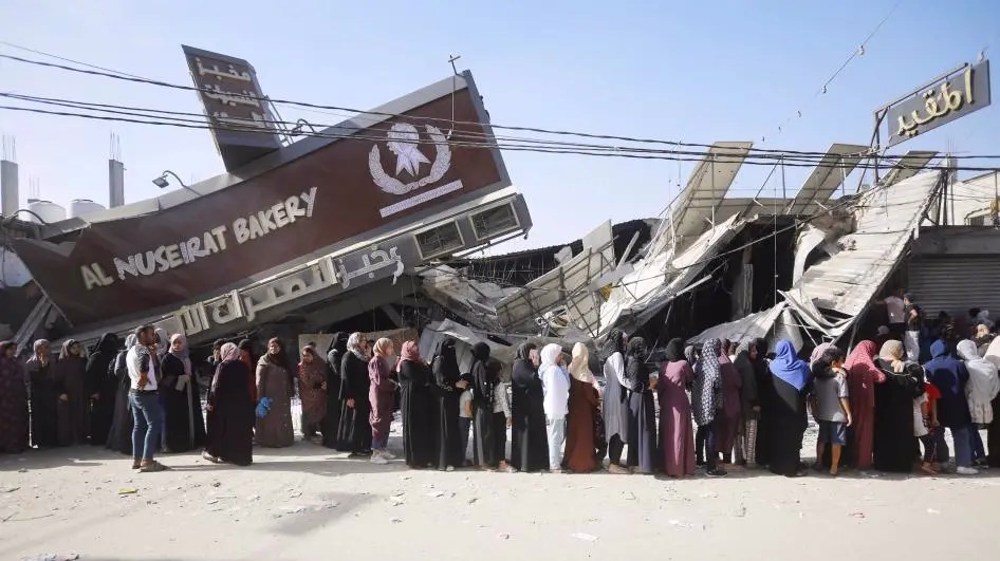
UN experts: Israel again 'weaponising starvation' in Gaza
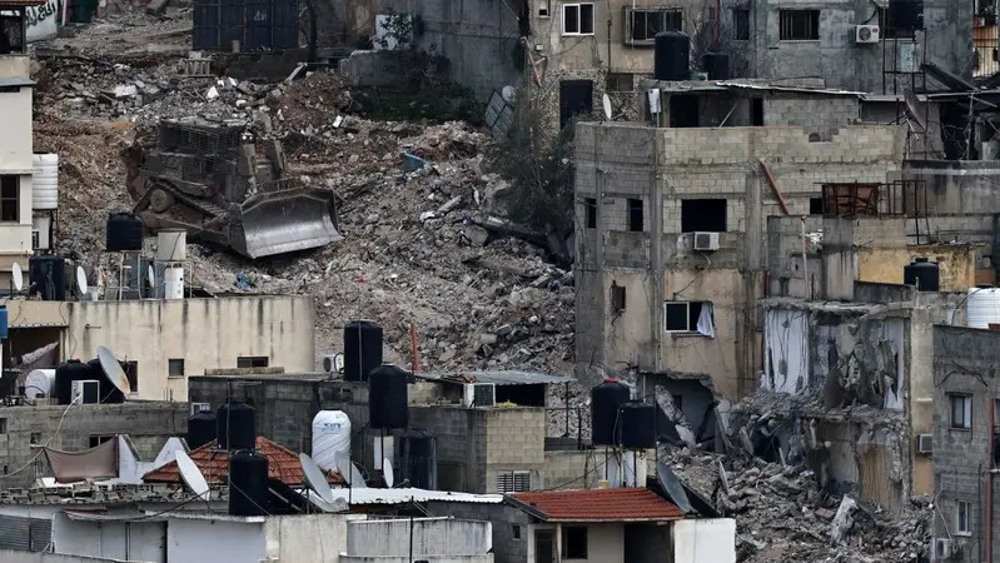
UNRWA: Israel's West Bank aggression aligns with annexation 'vision'
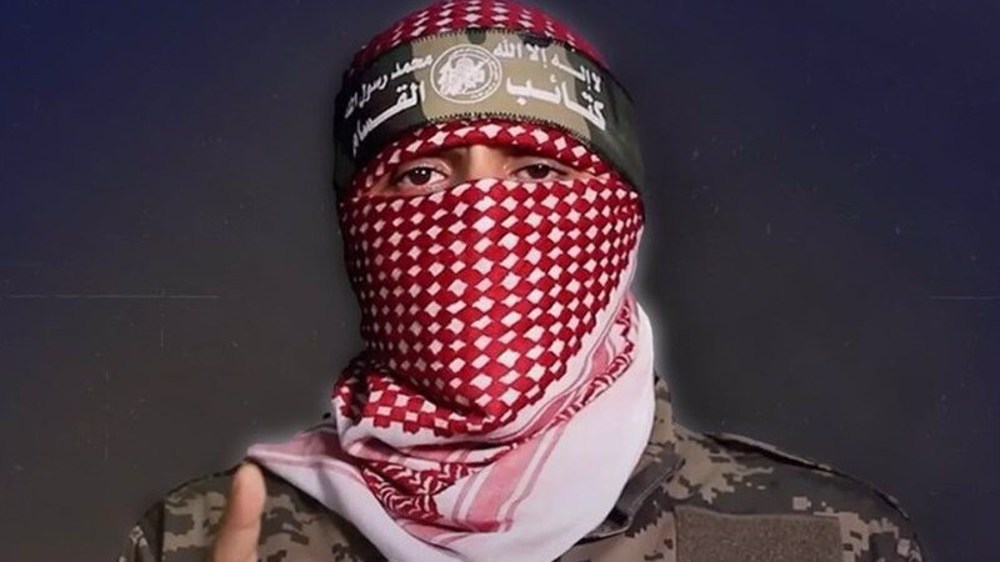
Hamas ready for 'all possibilities' after 'last warning' by Trump
UN experts: Israel again 'weaponising starvation' in Gaza
UNRWA: Israel's West Bank aggression aligns with annexation 'vision'
VIDEO | Destruction of Barquq Castle in Khan Younis
VIDEO | Gaza ceasefire has stalled, and Trump's warnings
Syrian regime declares curfews in several regions
Sudan takes UAE to UN court over 'complicity in genocide'
Trump's threats will embolden Israel to ignore ceasefire: Hamas
Hamas ready for 'all possibilities' after 'last warning' by Trump


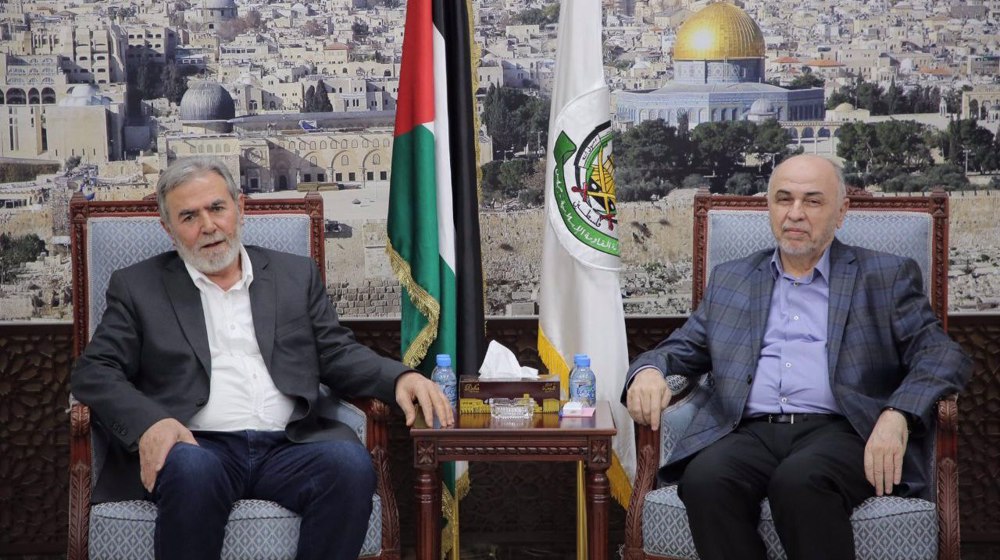
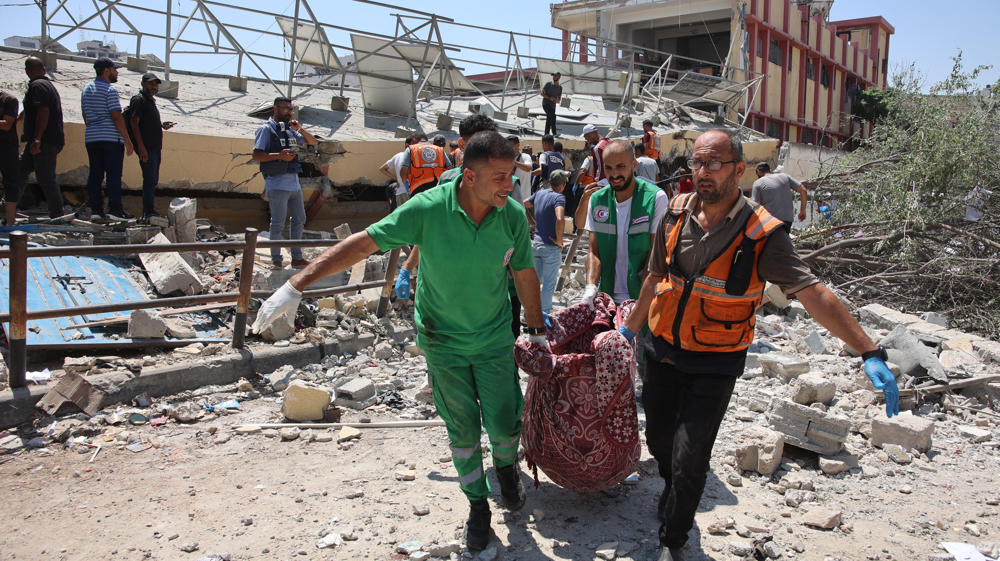
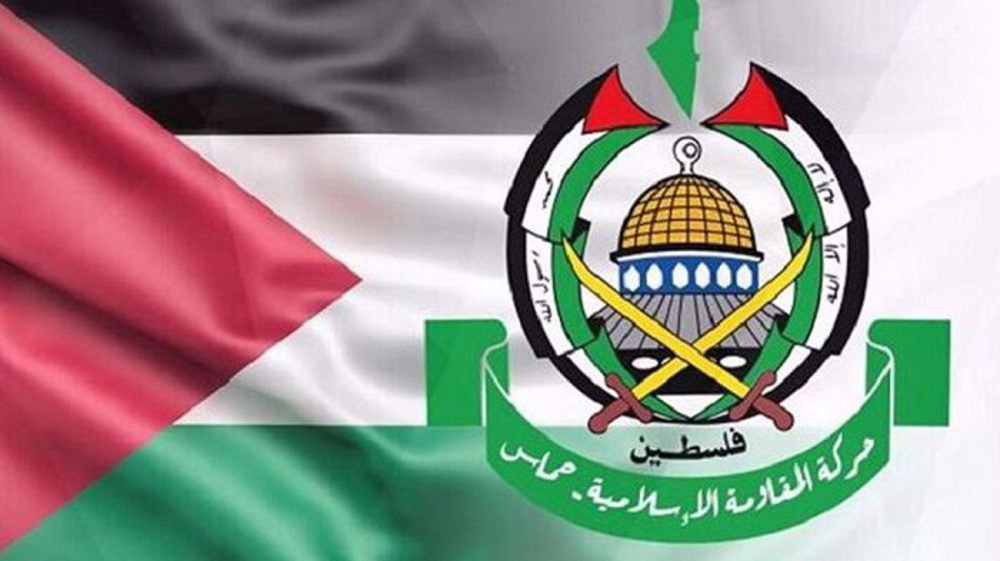



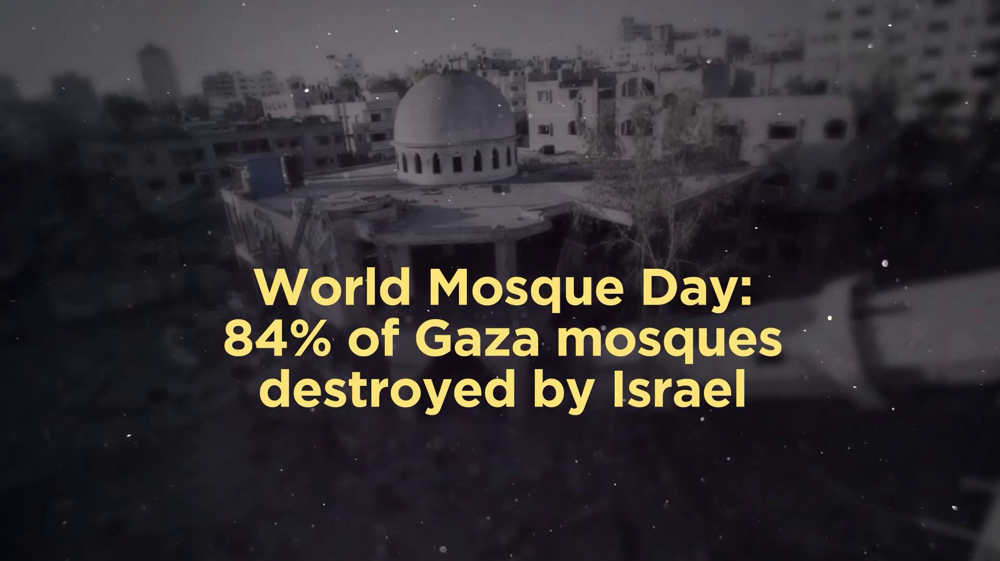
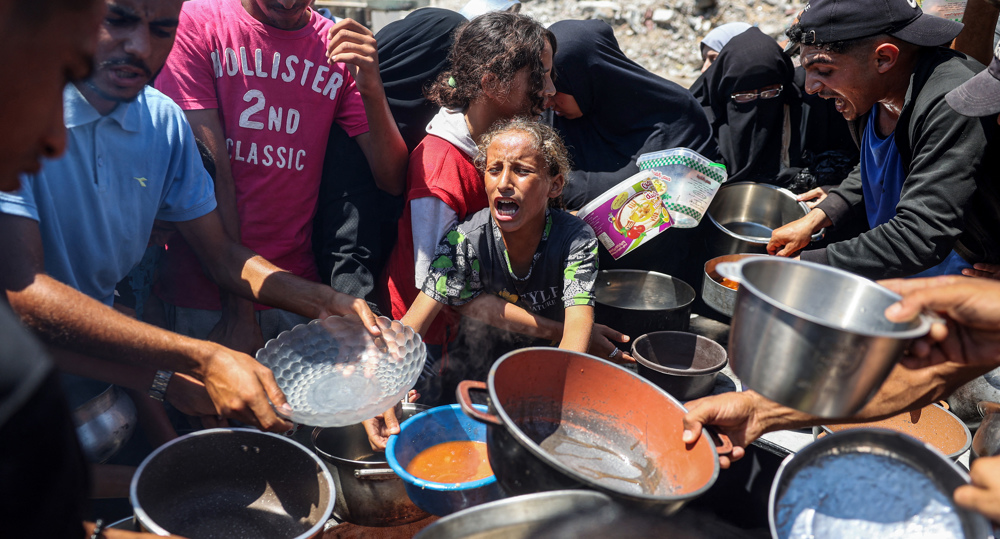


 This makes it easy to access the Press TV website
This makes it easy to access the Press TV website